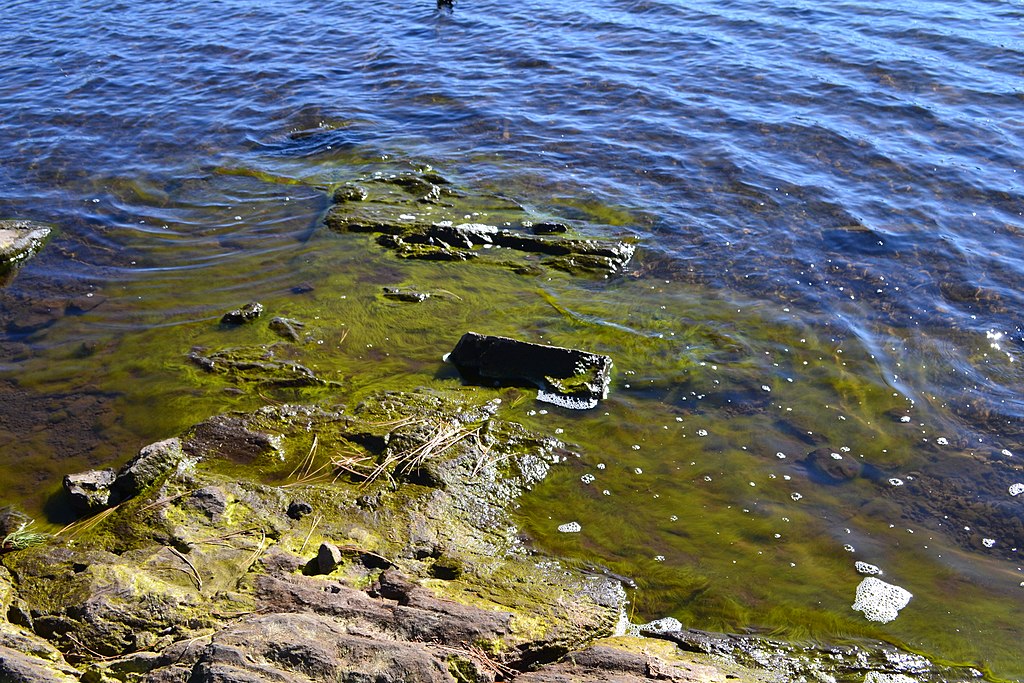Zebra mussels require live algae to thrive in laboratory culture. Specialized methods to culture microalgae species will provide critical food for zebra mussels used in experiments to develop biocontrol technologies.
This project aims to develop rearing strategies for adult zebra mussels by focusing on evaluating which types of freshwater algae provide essential nutrition for survival and growth. Success in this project will benefit existing and future efforts to experiment on zebra mussel population control treatments. To date, zebra mussels in the laboratory decline in survival, growth, and reproductive output during laboratory experiments which confounds the reliability of testing eradication methods in a research setting. Previous experiments at MAISRC and other labs have shown that zebra mussels provided with regular feedings of live marine algae show improved growth and survival in the lab compared to mussels that only receive prepared diets. Current work is being done on a small scale to replicate existing culturing methods of freshwater algae species, but this project will accommodate an increase in the volume and the number of different types of algae that can be grown to meet the needs of the test subjects at MAISRC. By increasing our effort to produce high volumes of multiple freshwater algae species, zebra mussels kept in captivity will produce more accurate test results and provide more opportunities for assessing additional population control methods.
Funding will facilitate the purchase of an autoclave, lab technician time, expert contract time, and materials to support the high volume of algae needed to feed adult zebra mussels that is lacking for projects that are currently underway. Sterile technique is essential for culturing algae and requires specialized equipment to clean tools and culture vessels to prevent contamination. Preparation of culture vessels and constant monitoring make algae culture a demanding task that will be accommodated by the staffing increase provided by this project.
Research on survivorship, growth, and clearance will inform which algae are best suited for providing essential nutrients to zebra mussel adults. Upon completion of this project, the equipment and operating procedures for continued provision of algae as food as essential nucleic acid delivery vehicles will be ready and available for future projects. If rearing of zebra mussel adults is successful, this would be an important step to understanding larval nutritional needs which would enable generation over generation culture and evaluation of gene drive interventions for zebra mussel population control in the future.

